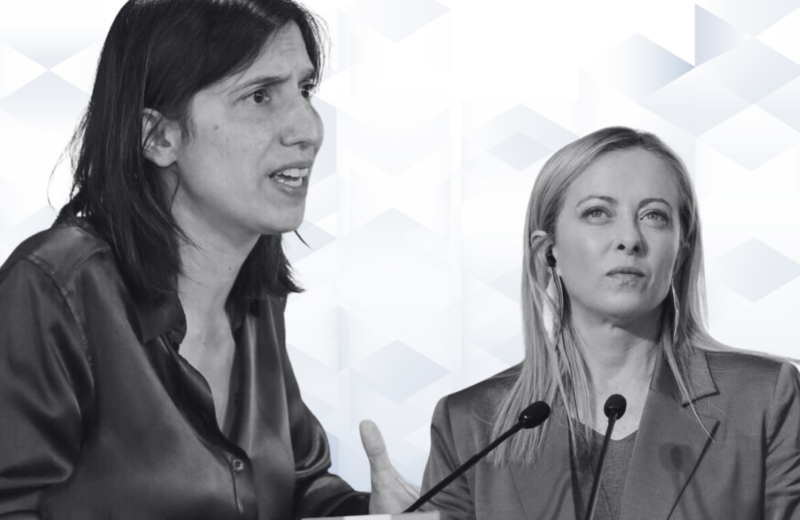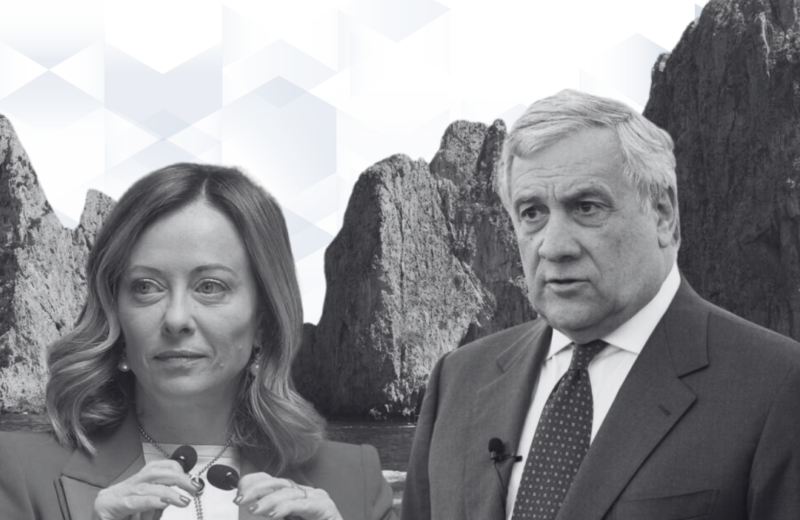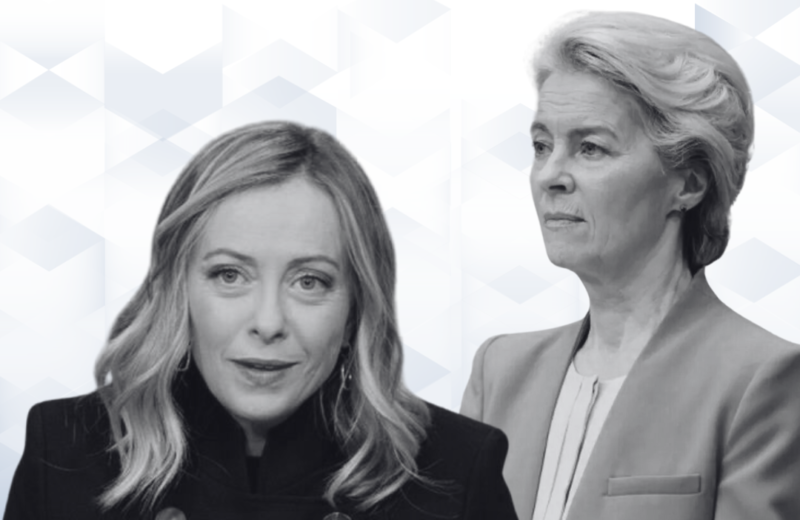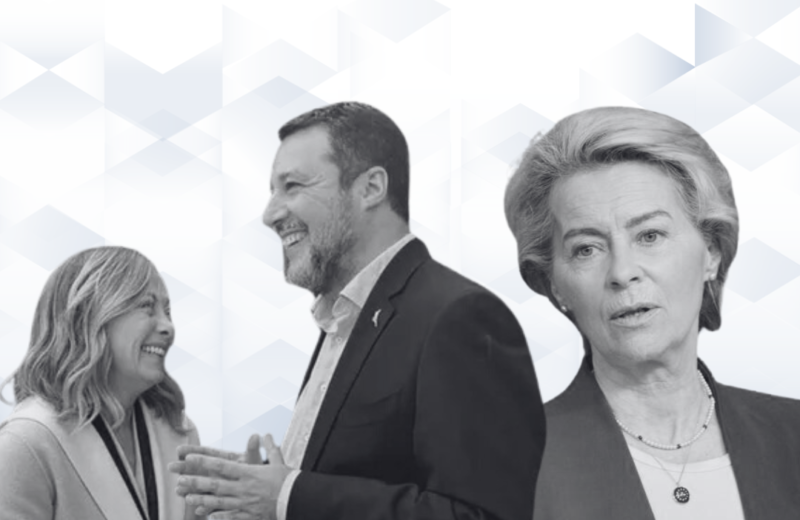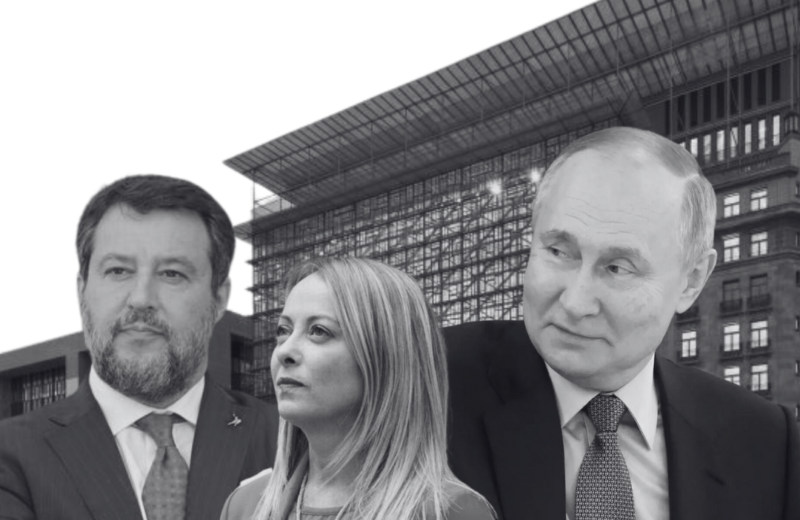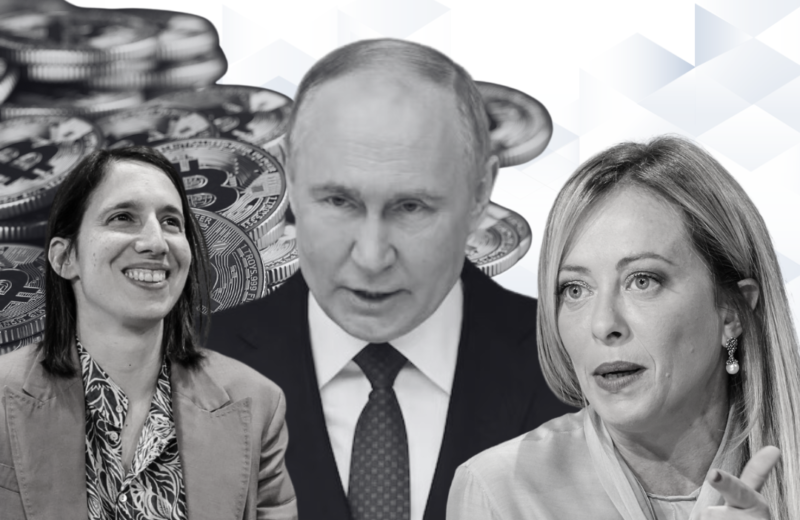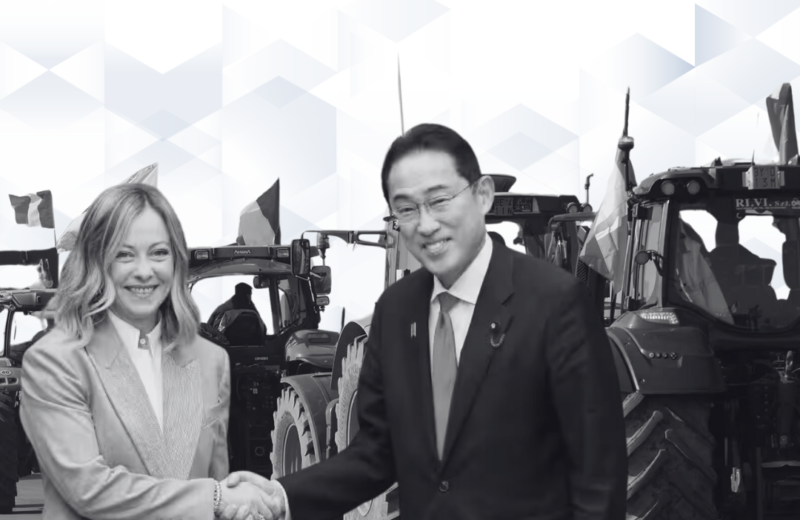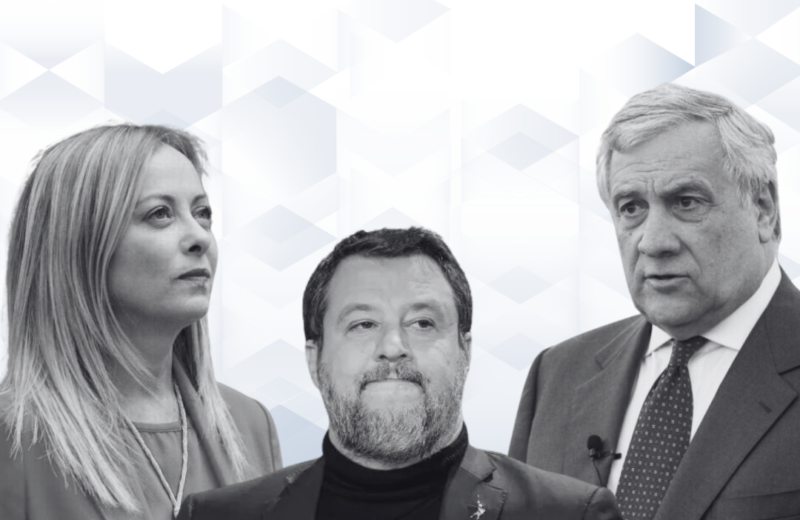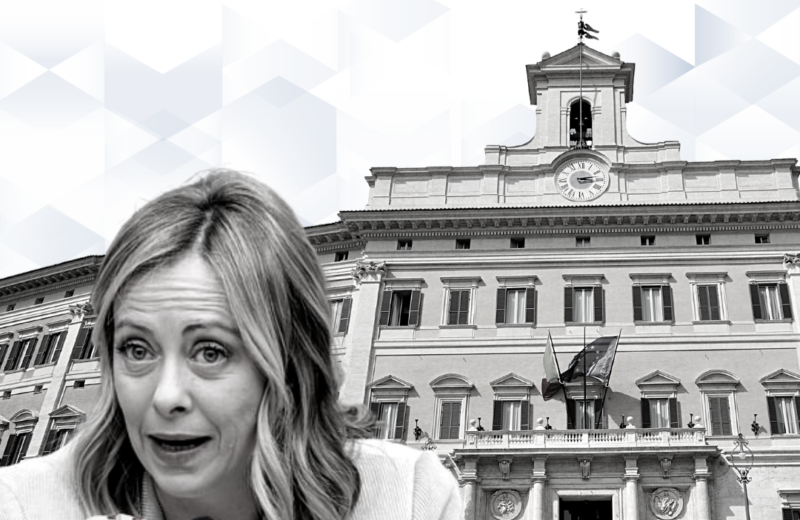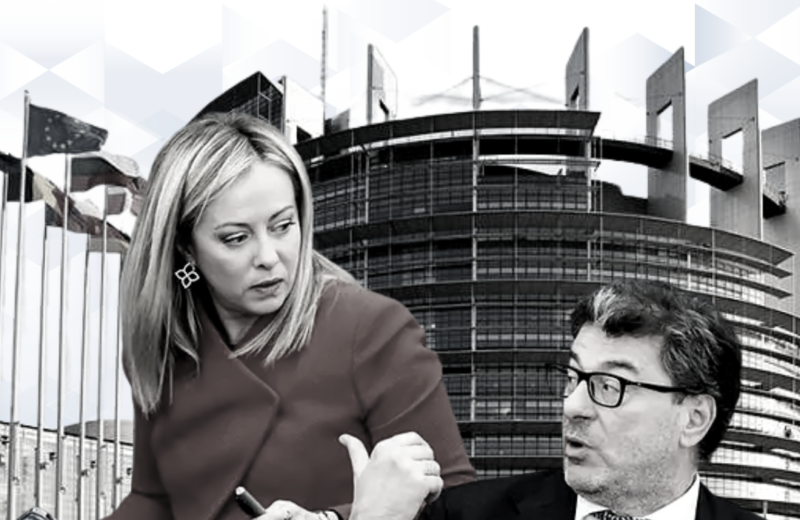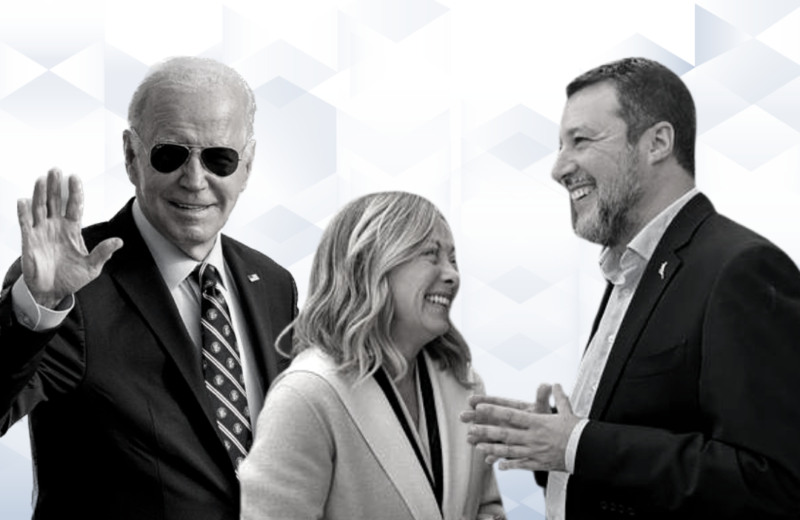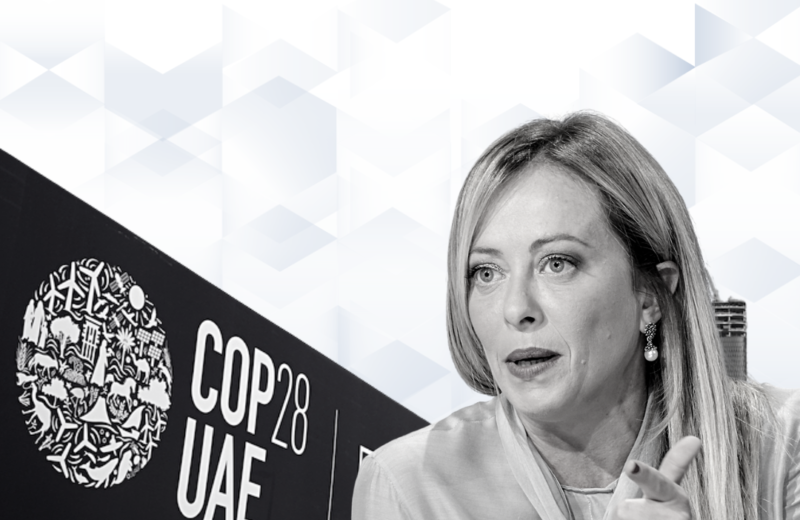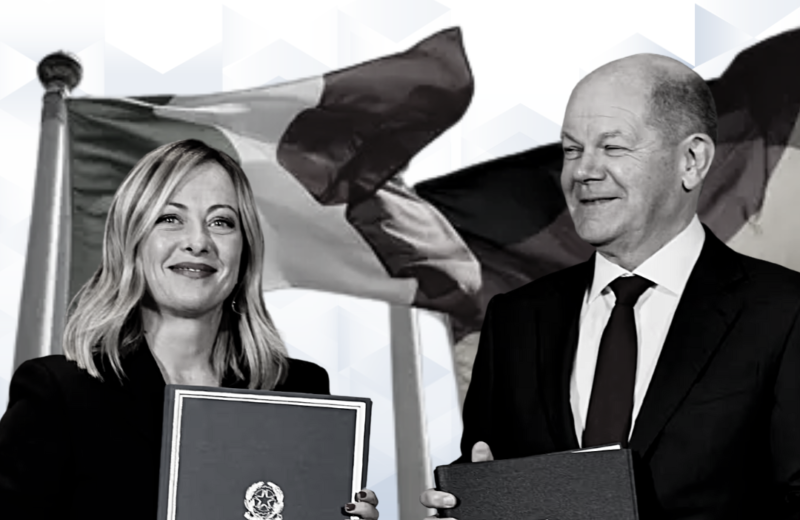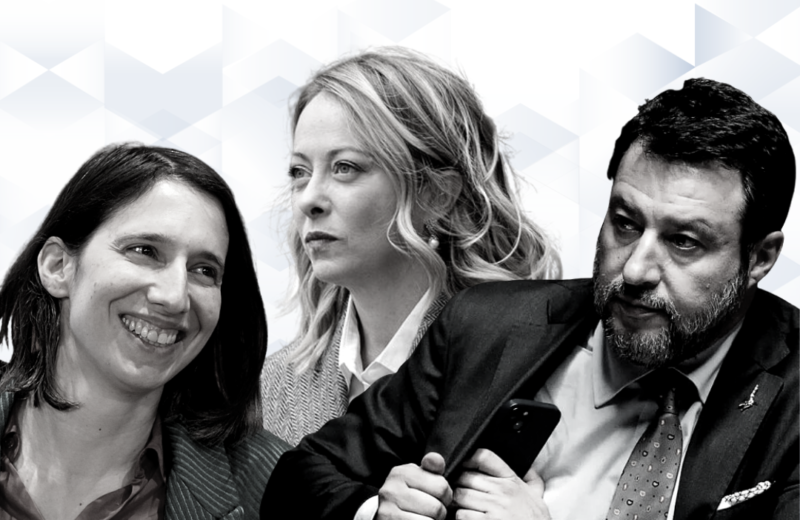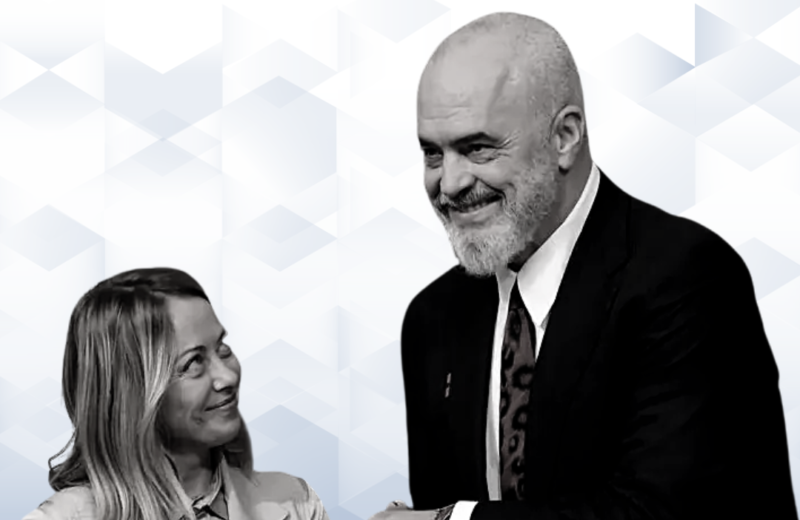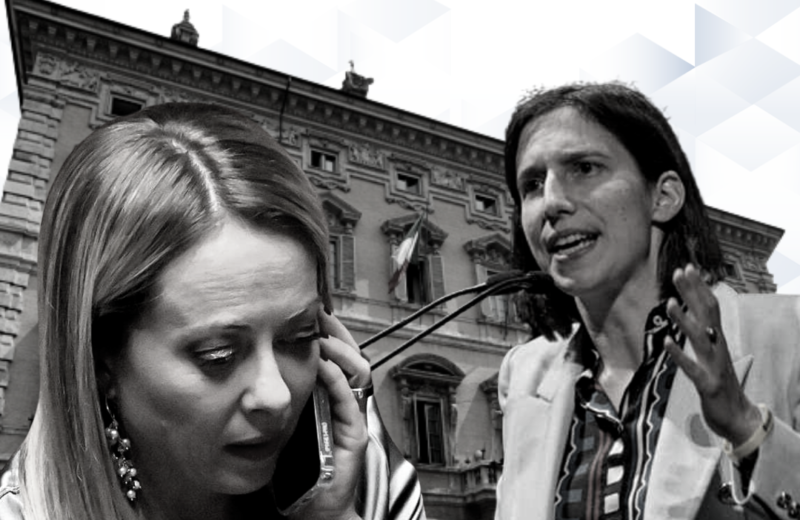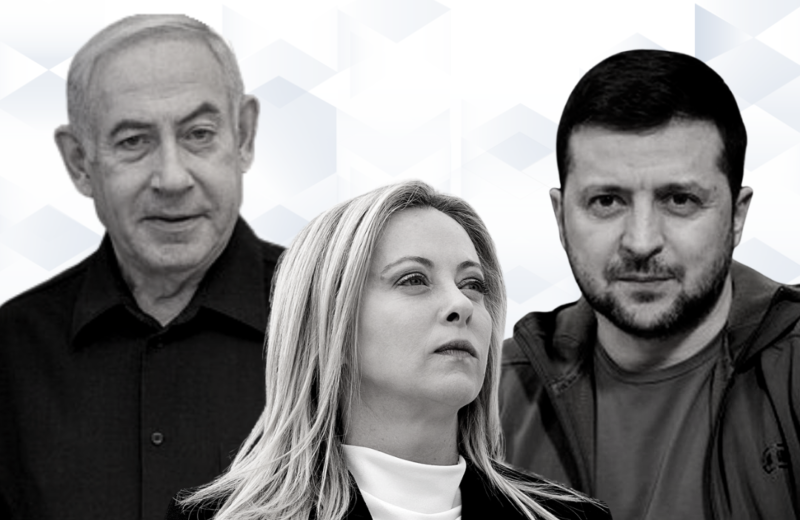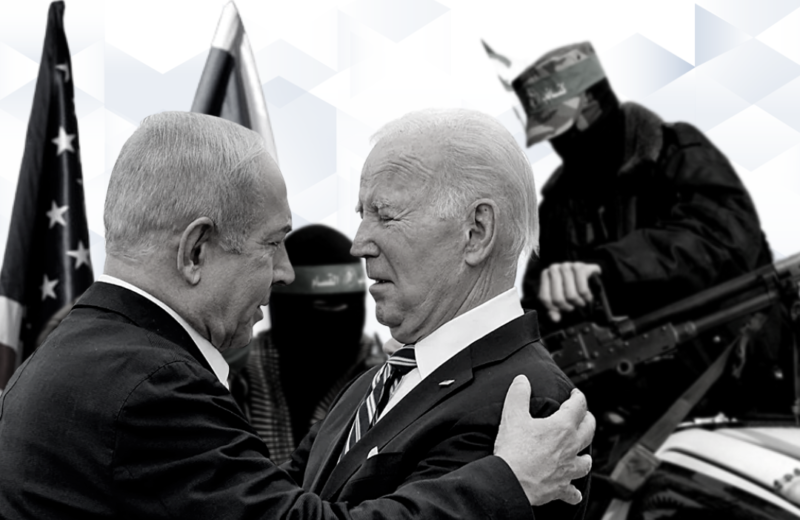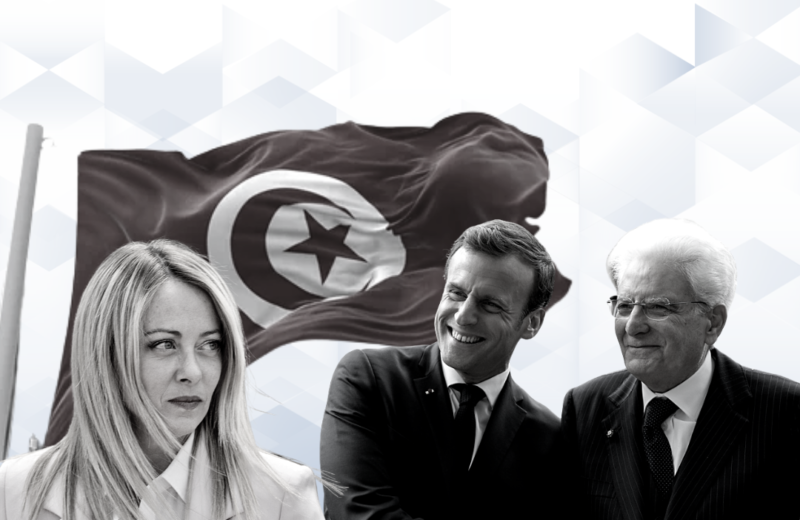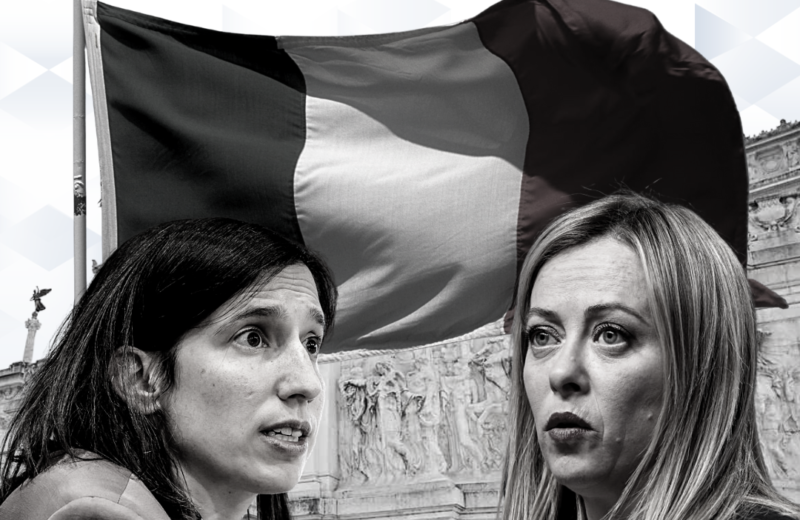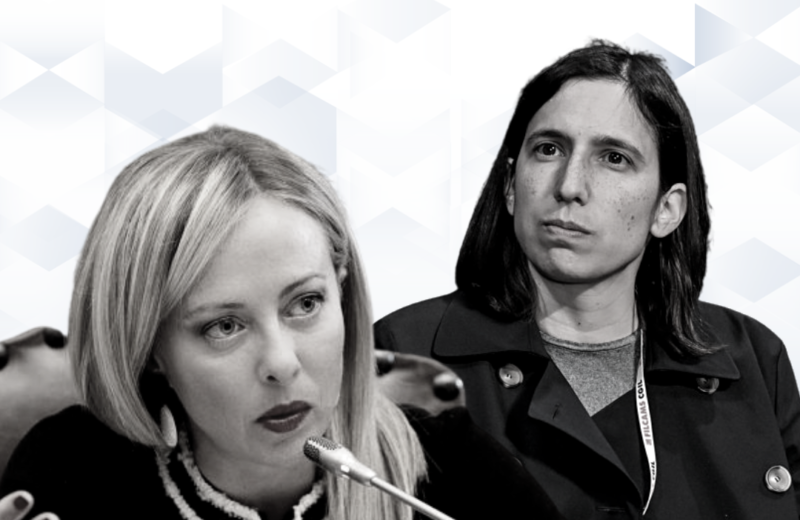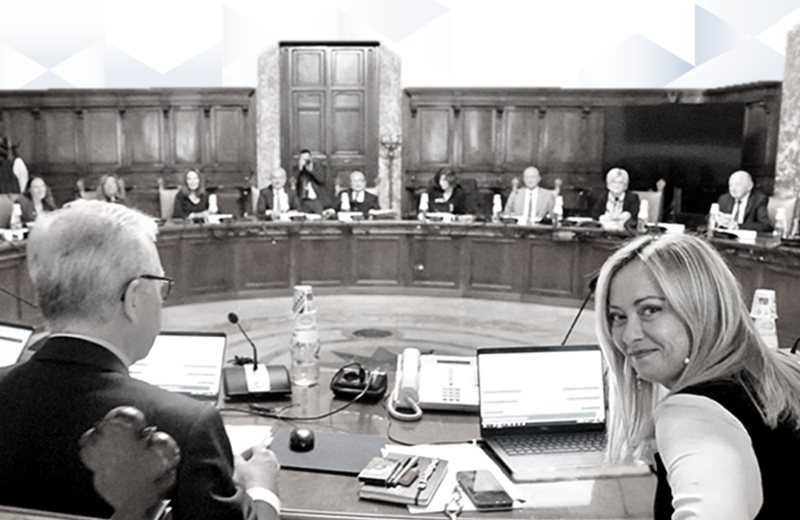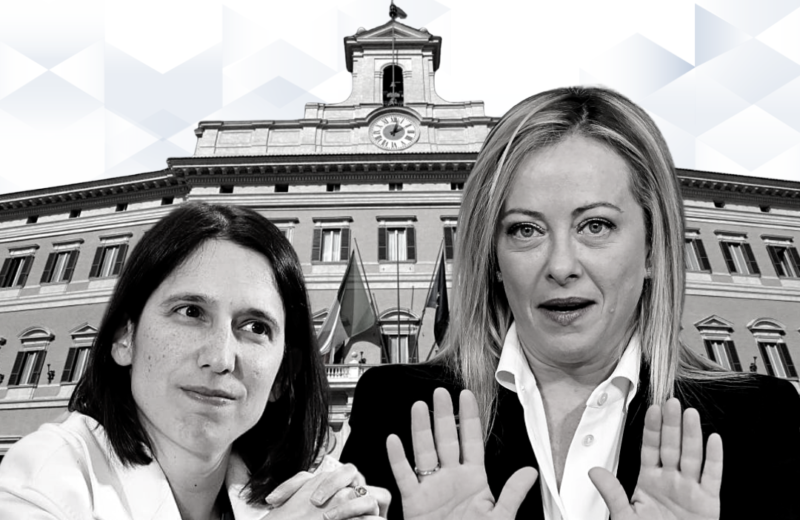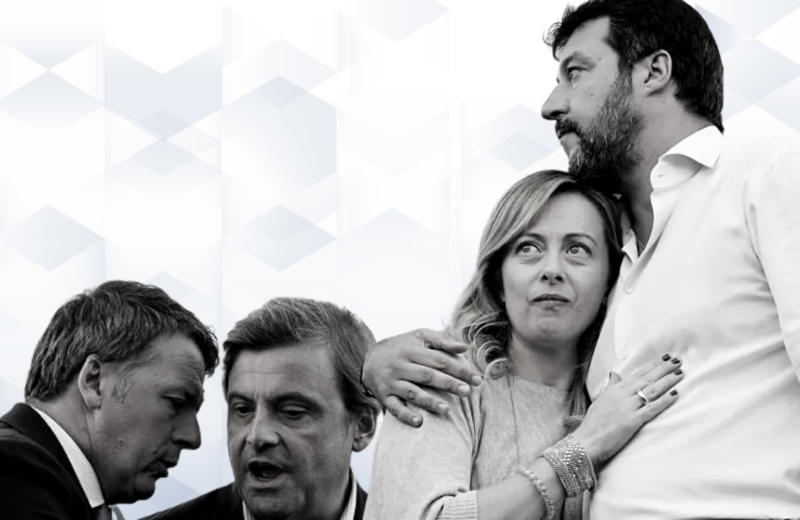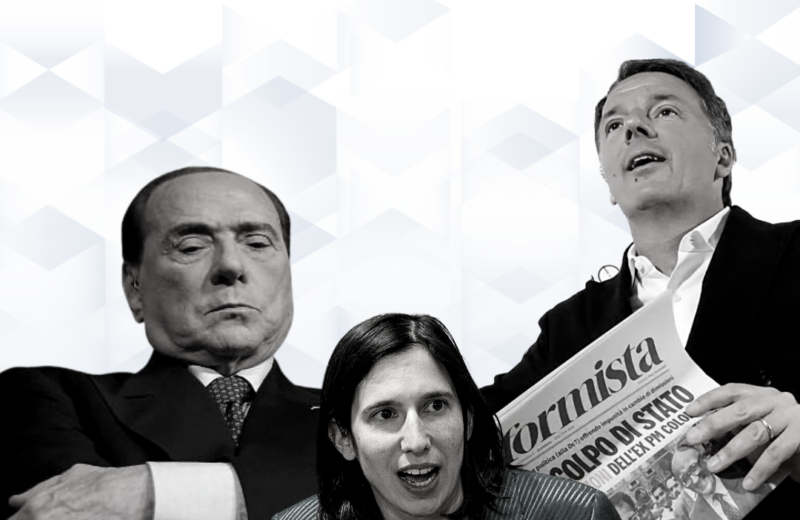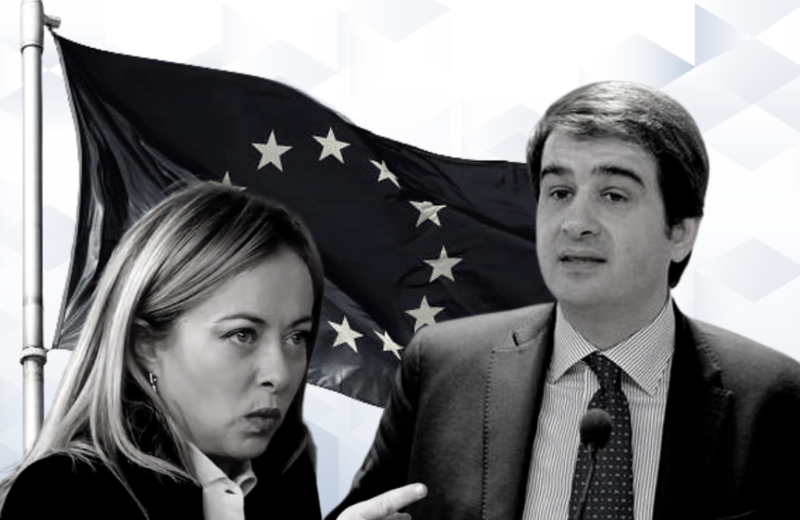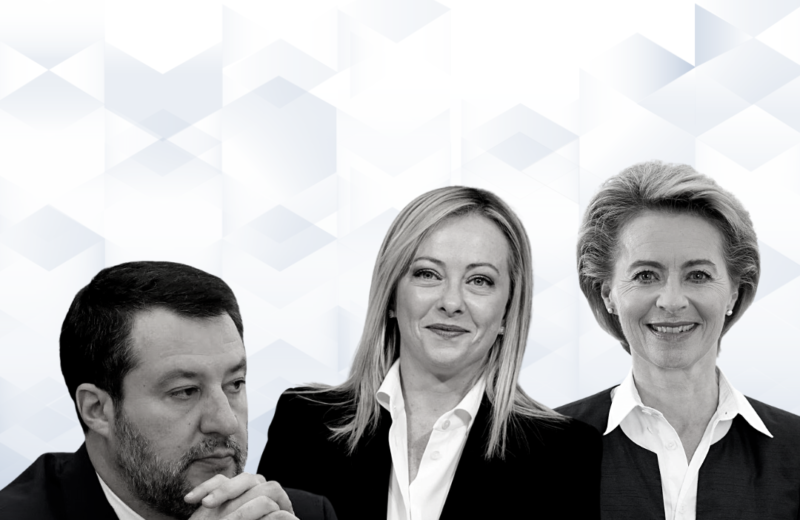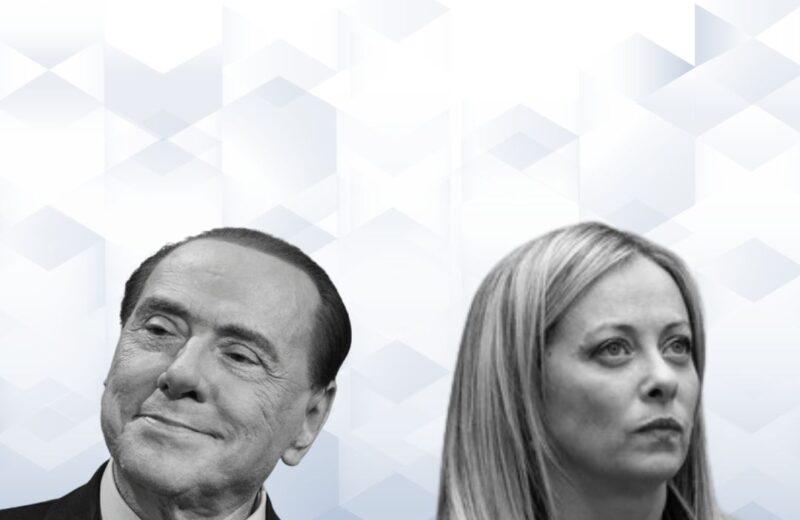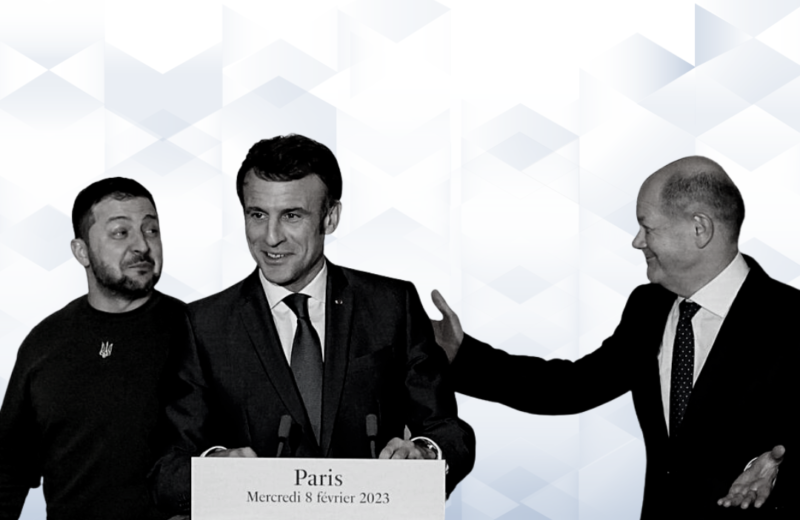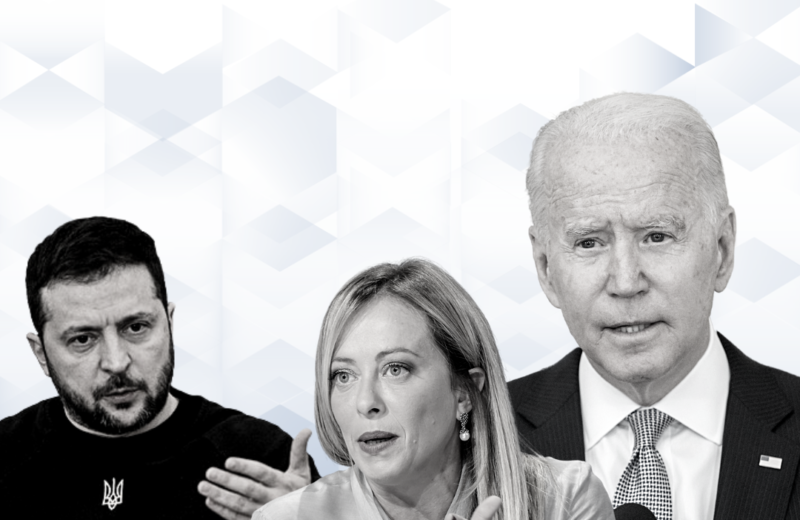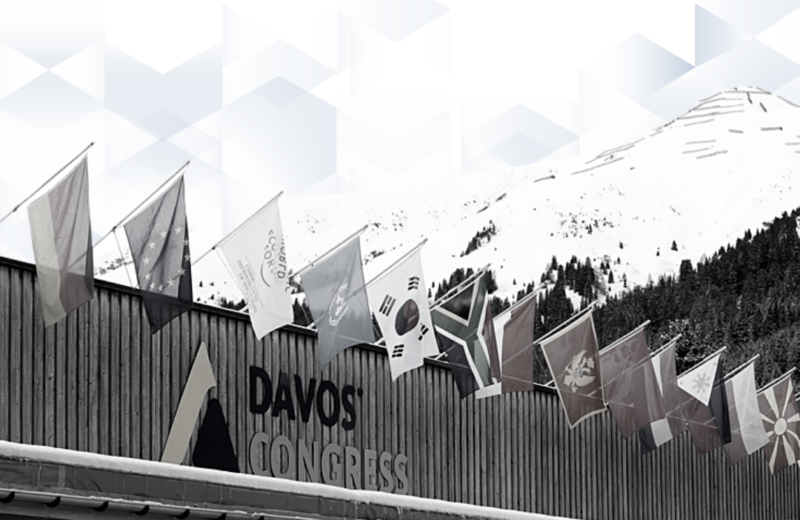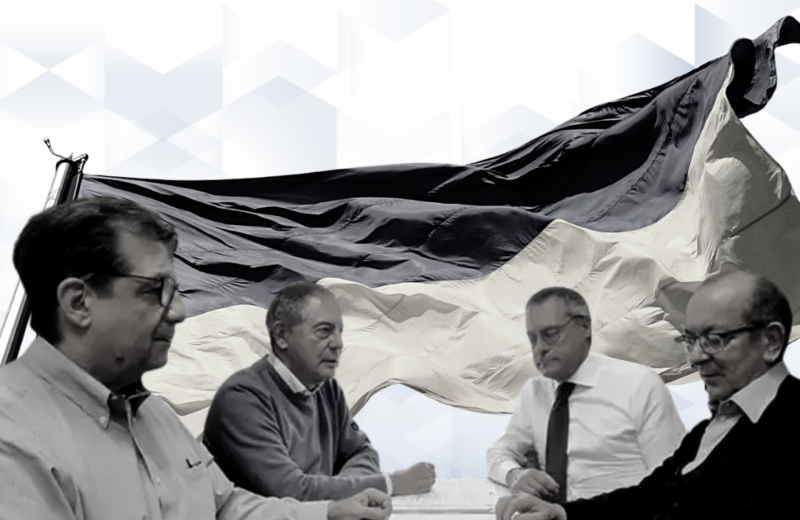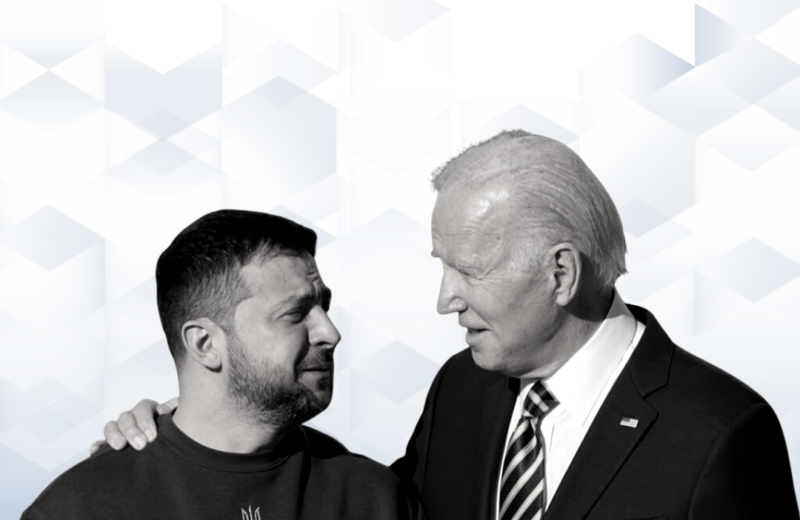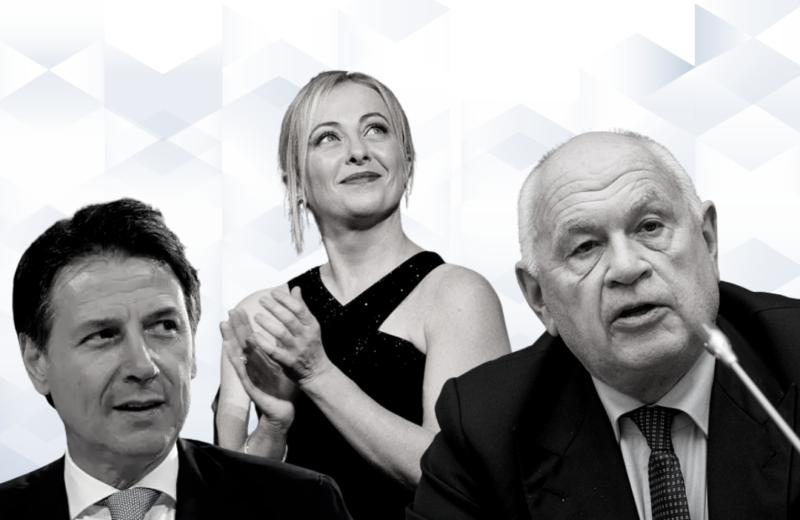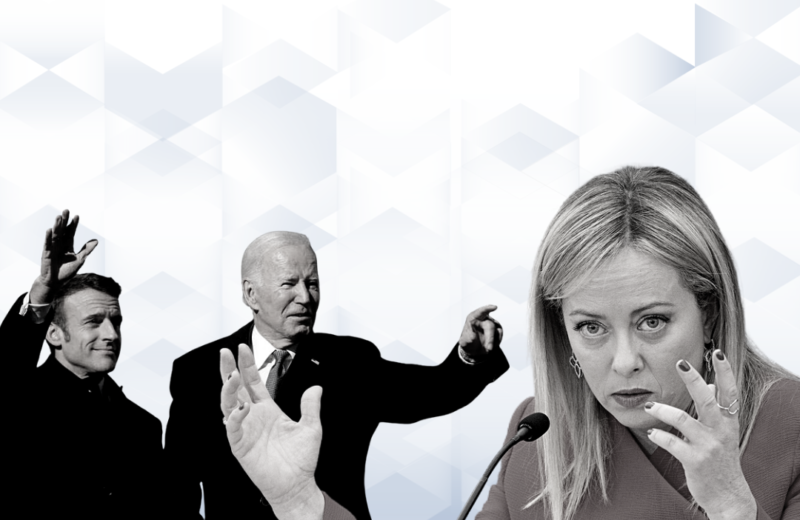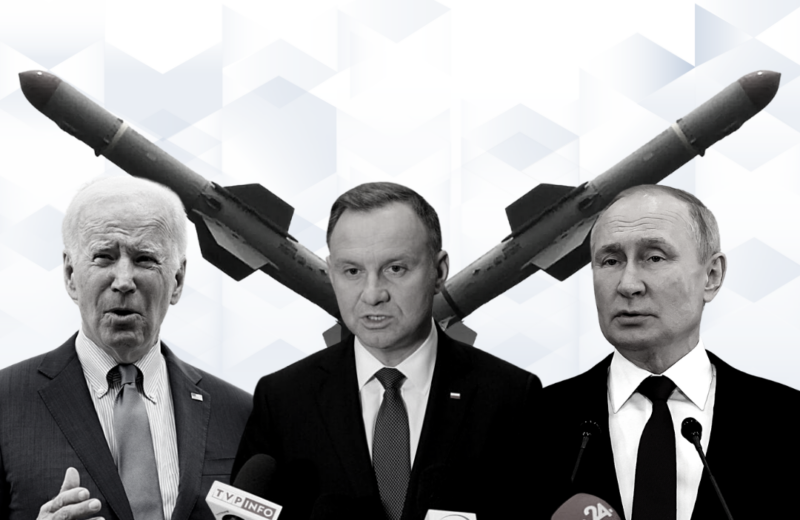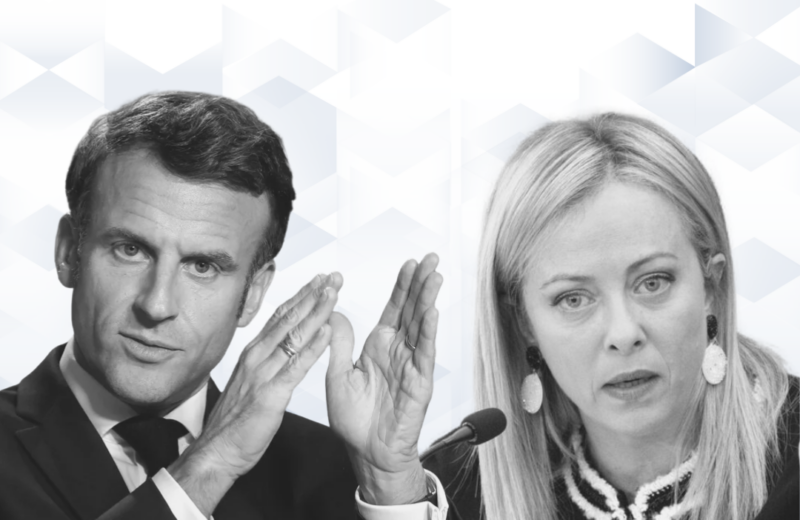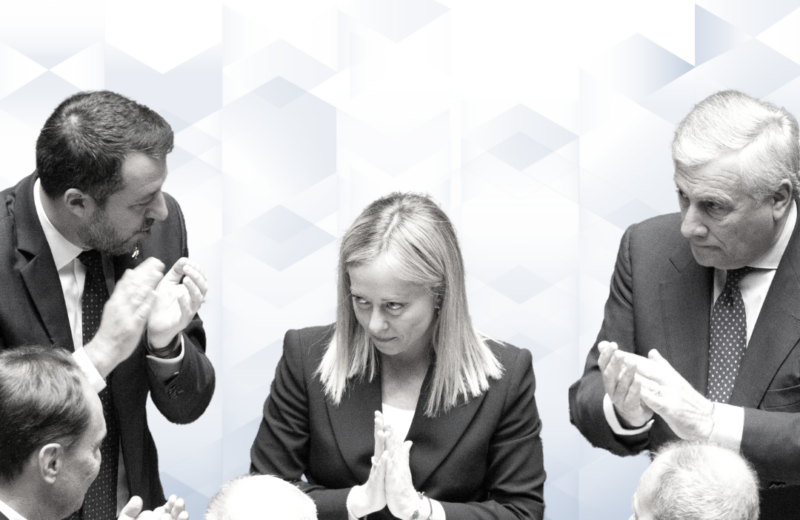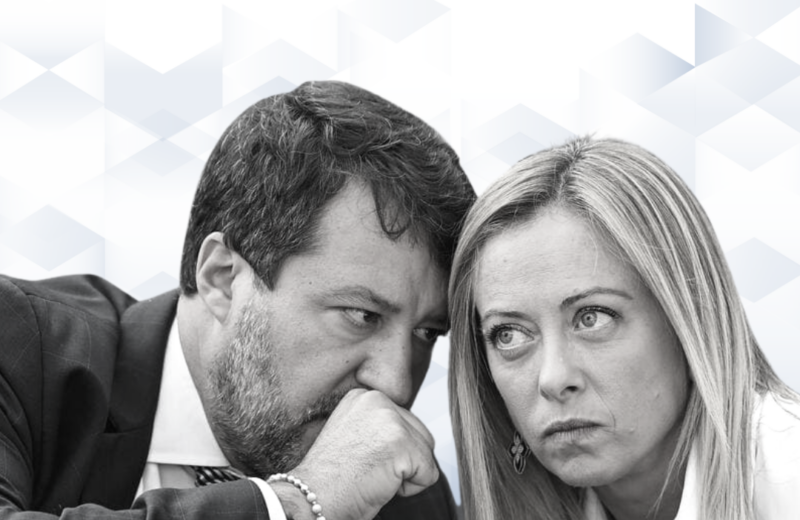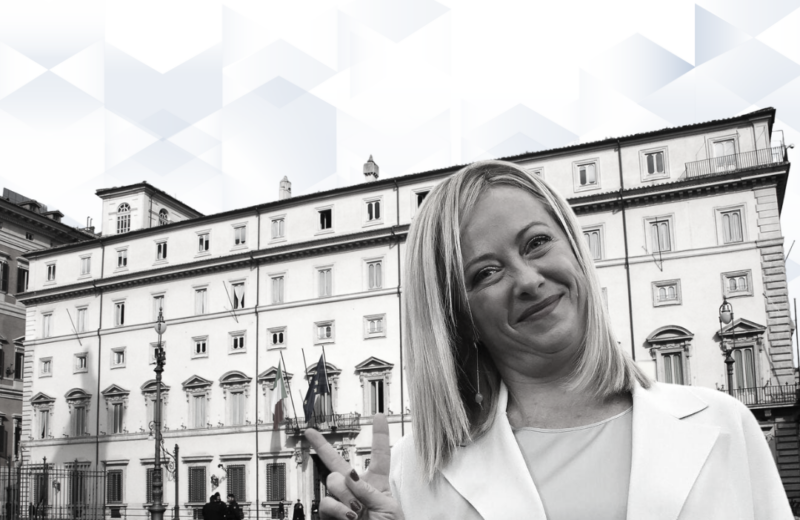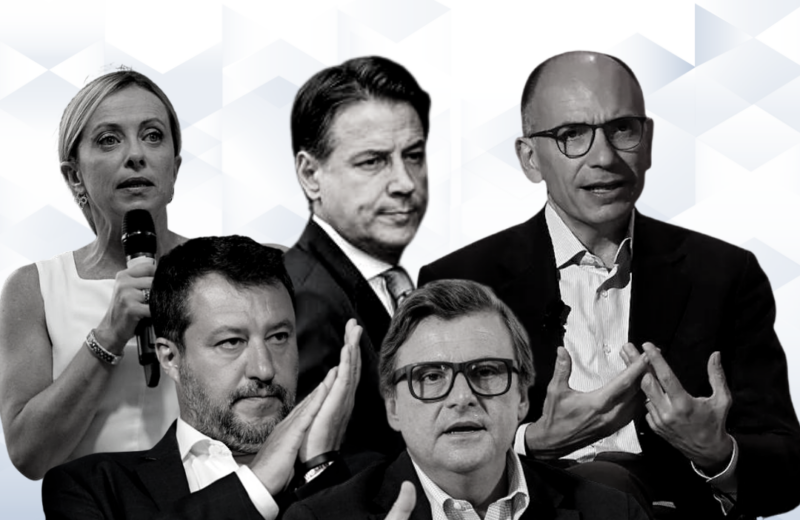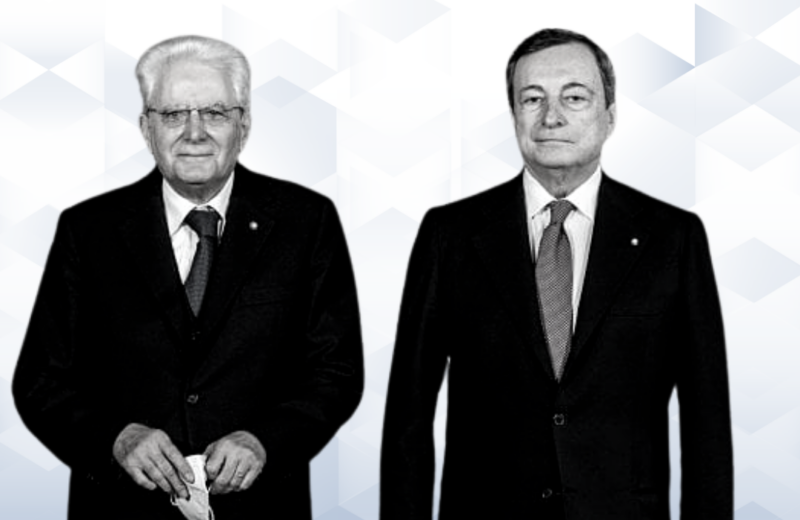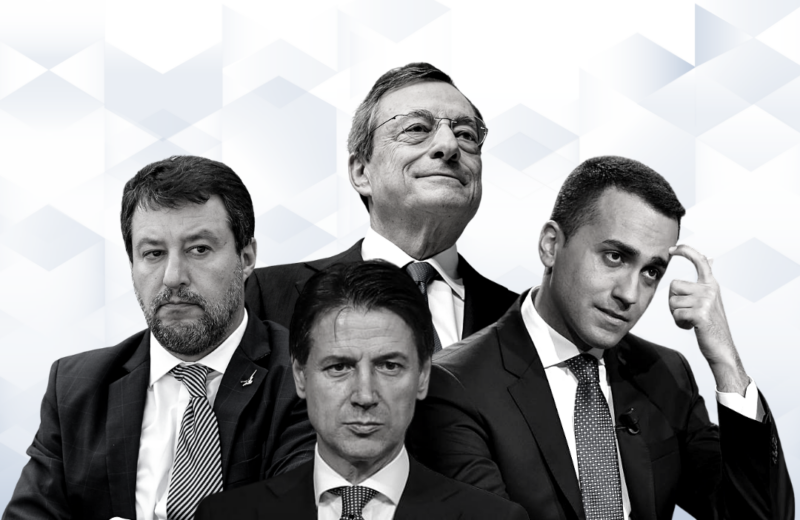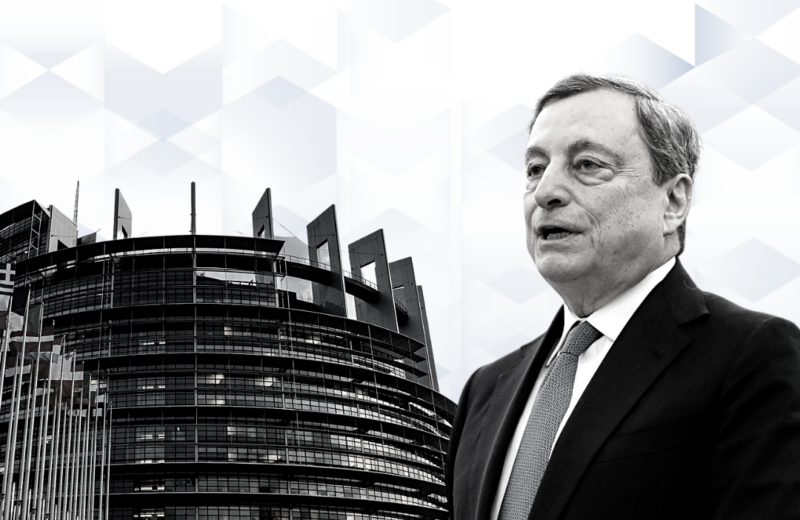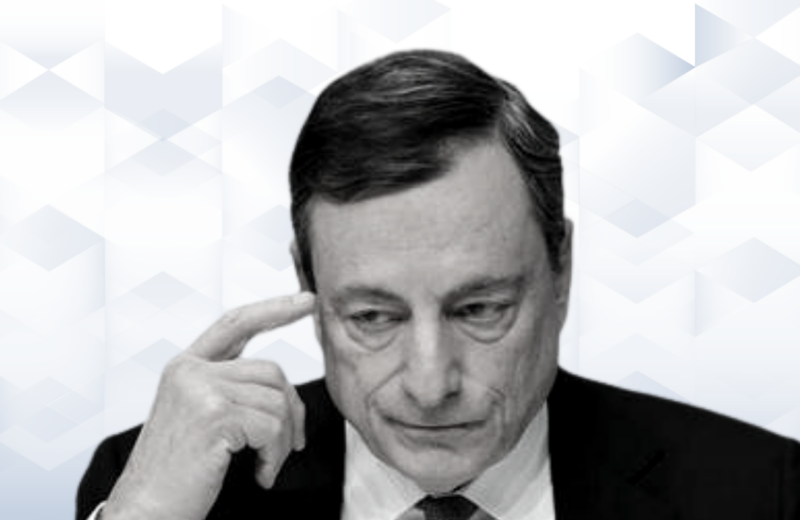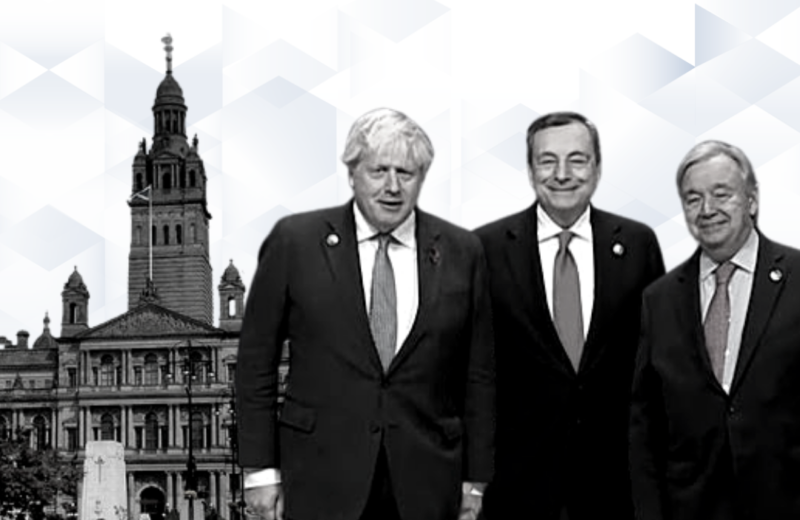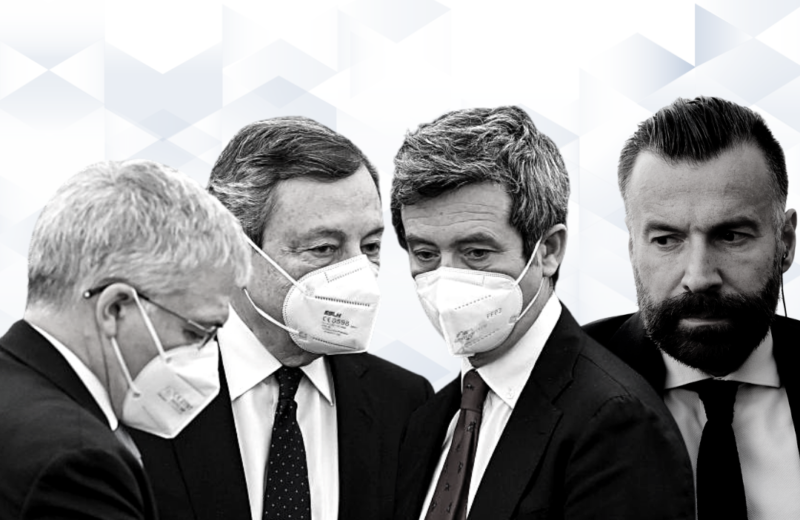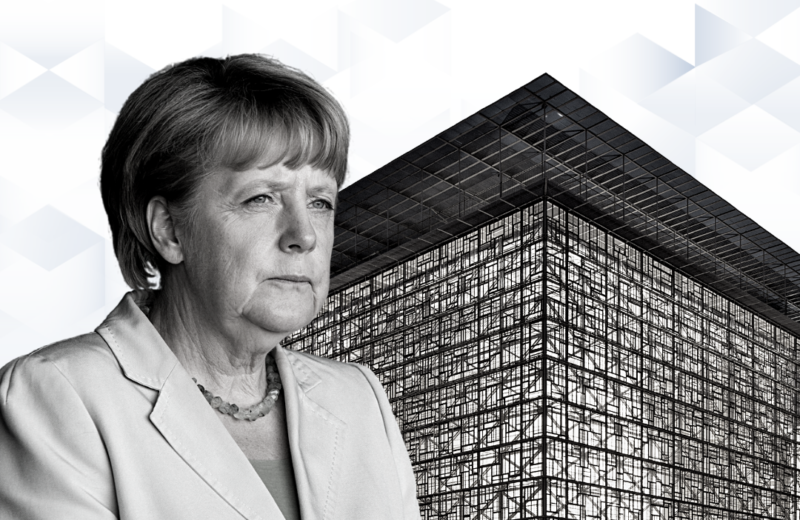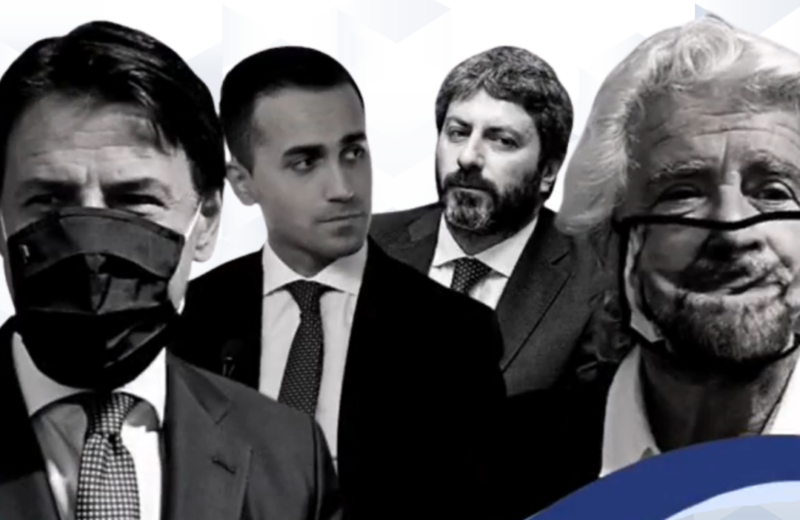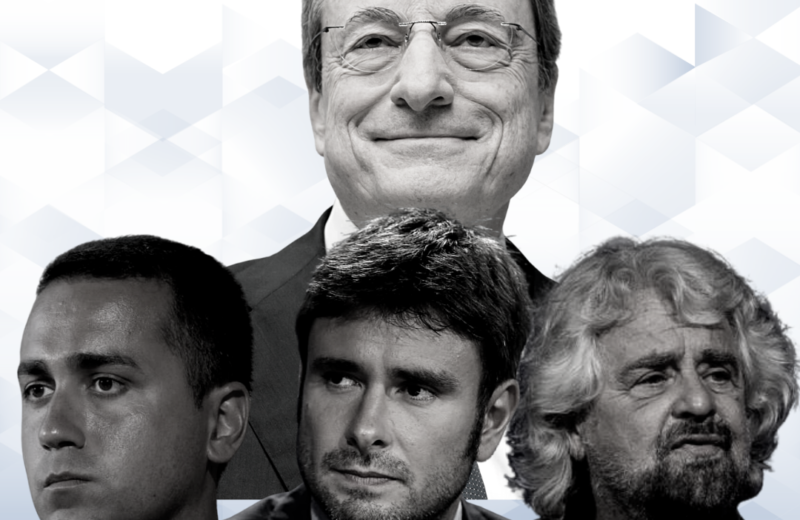Italy’s commitments, from North to South
The election campaign for the European elections can wait, especially if there are important foreign policy strategies to be defined that affect all cardinal points. Indeed, in the week media attention has focused on the government’s international commitments, starting with the Italy-Africa summit held in Rome, during which the so-called “Mattei Plan”, Italy’s investment program in many African countries to intensify trade, cultural and social relations, was presented. It was a summit that certainly helped consolidate Italy’s posture toward the South and which has the potential to be a great lever of development. Just look at the numbers: as Premier Meloni pointed out, the 5.5 billion of the first Mattei Plan budget will be drawn partly from the Italian Climate Social Fund (3 billion) and partly from Italian Cooperation resources (2.5 billion). The government will seek new resources among individual donor countries, the EU and multilateral institutions such as the International Monetary Fund, represented in Rome by President Kristalina Georgieva. Meloni then also emphasized the creation of a new “financial instrument” of the Cassa Depositi e Prestiti to facilitate private sector financing, a piece that will have to be “crucial” as leverage in economic commitments on the continent. And the reaction? Ambivalent for now. African Union President Moussa Faki stressed on the one hand his appreciation of the paradigm shift in relations with Africa, but on the other he set some stakes on the approach and expectations, specifying, for example, that he would like to be consulted on the Plan. There was also no shortage of criticism: “I would like to insist on the need to move from words to deeds; we can no longer be satisfied with mere promises, which are often not kept”.
Focusing northward, however, the scene was dominated by a very significant European Council that unanimously decided on a 50 billion euro additional support package for Ukraine within the EU budget. In essence, this guarantees Kiev steady, long-term and predictable funding and establishes EU leadership in supporting Ukraine. An agreement arrived at thanks to the mediating role played by the Meloni-Sholz-Macron axis toward the most refractory countries, first and foremost Orban’s Hungary, with which Meloni is also playing another game with significant consequences from the point of view of consensus: the imprisonment of Italian activist Ilaria Salis in Budapest. An affair that is still unclear but in which Rome is beginning to demand more listening and respect, with some first positive effects-the Italian Embassy and the Ministry of Justice in Rome are moving to have her granted house arrest in Italy.
But the greatest tensions are in the East, where the Red Sea crisis is holding the entire international chessboard in suspense. Italy has also taken the field. First with the frigate Fasan, now replaced with the Martinengo, and then with the Aspides initiative, the European Union’s new maritime security operation aimed at defending transit in the entire area up to Suez, in which it is hoped moderate Arab countries may also participate. In fact, at the meeting of foreign ministers scheduled for Feb. 19, Brussels expects to obtain the unanimous vote of the 27 member states in order to meet the demanding timetable drawn up ad hoc to launch the operation. Crosetto, heard by the Defense Committee, explained, “Defense will be able to evaluate more concretely what operational contribution to make by including the 2024 mission resolution for the planned parliamentary passage”. But he also specified a necessity: “The situations we live need rapidity, we must combine democracy with speed and pragmatism, otherwise the speed and pragmatism of autocracies put us in crisis”. Overseas, to conclude, Fed Chairman Jerome Powell on Tuesday changed his previous stance in favor of a possible rate cut in March. All this while in the background the quarterlies of major tech companies were released. Quarterlies all in all positive and in line with expectations, influenced also by the situation in China, whose economy is contracting again due to the cut on growth forecasts. A cut that is also affecting the demand for oil whose price, despite the Middle East crisis, is falling. An overall picture that will certainly affect all European economies in the near future.
